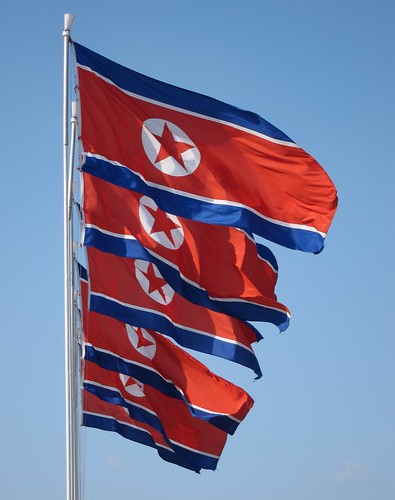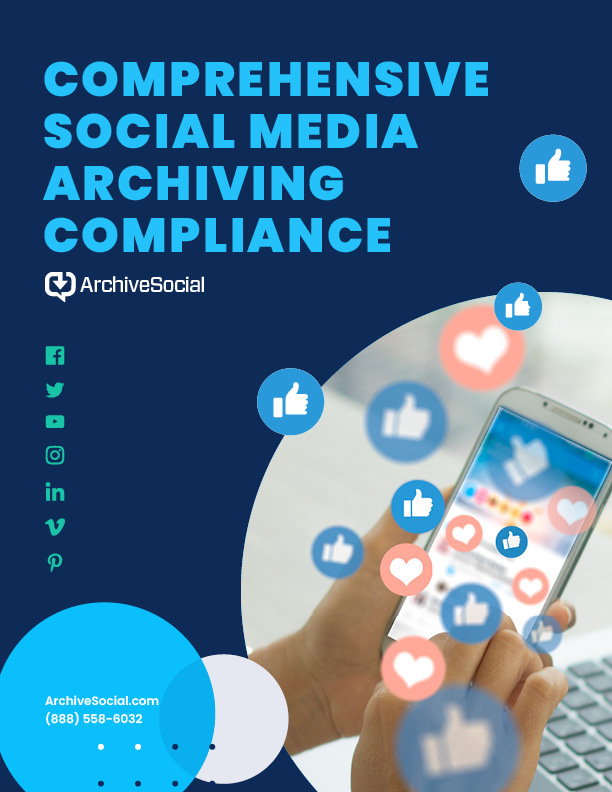
North Korea’s hacking
Previously, the Twitter and Flickr accounts of Uriminzokkiri posted self-promoting material, like meetings of Kim Jong Un with military officials. However, after Anonymous’ hacks, entirely different material was posted that surely embarrassed North Korean officials. One photo depicted Kim Jong Un sporting Mickey Mouse on his chest and a pig snout. Certainly not the images of strength or leadership expected from a state-run news agency, the extremely public nature of the Twitter and Flickr accounts only worsened the credibility gap of North Korea’s threats.
Protecting your social media presence
And although warfare has yet to break out, the hacking of the Uriminzokkiri social media accounts means that, in some sense, a battle has already begun on North Korea’s legitimacy. Social media is often used as a tool for self-promotion and a yardstick for influence, and North Korea has explicitly used social media to these ends. However, the immense social currency that the likes of Twitter provide means that it also is a new target. In effect, although it may have seemed unthinkable just 5 years ago, the hacking of a social media account can truly deliver a blow to a nation’s, an organization’s, or an individual’s legitimacy. Social media is now viewed as an extension of one’s influence, and if the reaction to North Korea’s hacking is any indicator, protecting your social media account has only become more important.

